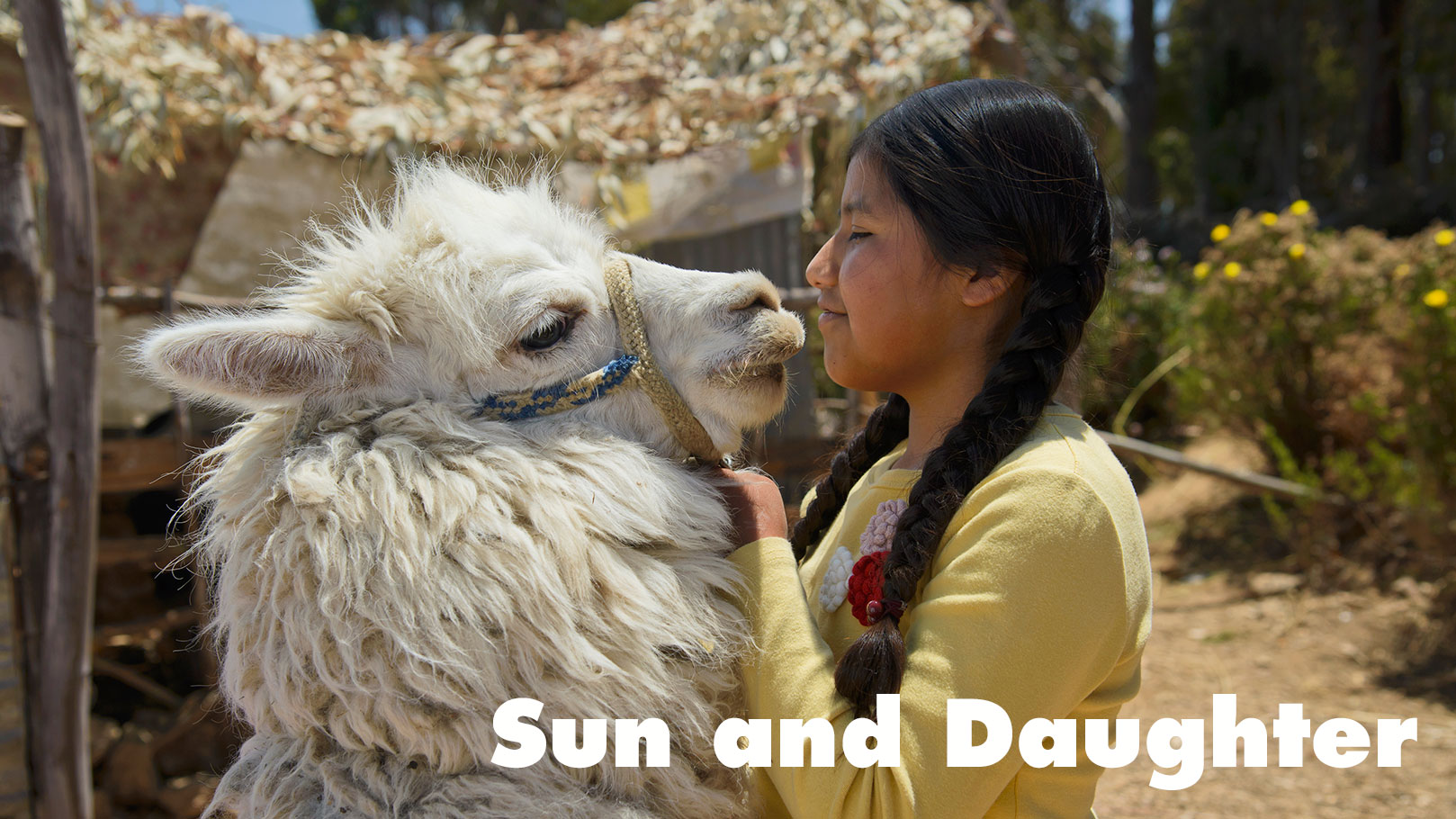Why should you watch this film?
Because it is a feel-good debut film by Bolivian director Catalina Razzini, an incredible new talent to watch. It is a sensitive and beautifully crafted depiction in the purest John Ford style of the spectacular landscape of the Island of the Sun, captured through the lens of Spanish cinematographer Santiago Racaj of Summer 1993. And because it has five stars on IMDb!
Plot Overview
Ten-year-old Lucía's family lives on the Island of the Sun (Isla del Sol) in the middle of Lake Titicaca in Bolivia, a place that's as mystical as it is picturesque. When her father breaks from their routine one morning and leaves for the city to make money, Lucía finds it difficult to cope with his absence, building her daily life around the expectations of their reunion.
After school, Lucía and her younger sister Maribel weave Totora reeds into figurines that her mother sells to numerous tourists. But the rhythm of life on the island and the passage of time help her realize her father is no longer the person she longed to have back. She must find her own path. Lucía is thinking of going to the city herself, but she has no money. It's time she took her destiny into her own hands.
Thematic Elements and Cinematic Style
With a subtle commentary on environmental tourism and the exploitation of 'the other' that goes two-way, Catalina Razzini's touching rural tale masterly captures the landscape of Isla del Sol.
Synopsis taken from the Pragda Spanish FIlm Club site
¿Por qué debes ver esta película?
Porque es una conmovedora película de debut de la directora boliviana Catalina Razzini, un nuevo talento increíble a seguir. Presenta una representación sensible y bellamente elaborada en el estilo más puro de John Ford del espectacular paisaje de la Isla del Sol, capturado a través del lente del cineasta español Santiago Racaj de Verano 1993. ¡Y además tiene cinco estrellas en IMDb!
Resumen de la trama
La familia de Lucía, una niña de diez años, vive en la Isla del Sol, en medio del Lago Titicaca en Bolivia; un lugar tan místico como pintoresco. Cuando su padre rompe la rutina una mañana y se va a la ciudad para ganar dinero, a Lucía le resulta difícil sobrellevar su ausencia, construyendo su vida diaria en torno a las expectativas de su regreso.
Después de la escuela, Lucía y su hermana menor, Maribel, tejen figuritas con juncos de Totora que su madre vende a numerosos turistas. Pero el ritmo de la vida en la isla y el paso del tiempo le hacen darse cuenta de que su padre ya no es la persona que anhelaba tener de vuelta. Debe encontrar su propio camino. Lucía está pensando en ir a la ciudad ella misma, pero no tiene dinero. Es hora de que tome las riendas de su propio destino.
Elementos temáticos y estilo cinematográfico
Con un comentario sutil sobre el turismo ambiental y la explotación del “otro” que va en ambos sentidos, el conmovedor relato rural de Catalina Razzini captura magistralmente el paisaje de la Isla del Sol.
Sinopsis tomada del sitio del Pragda Spanish Film Club
